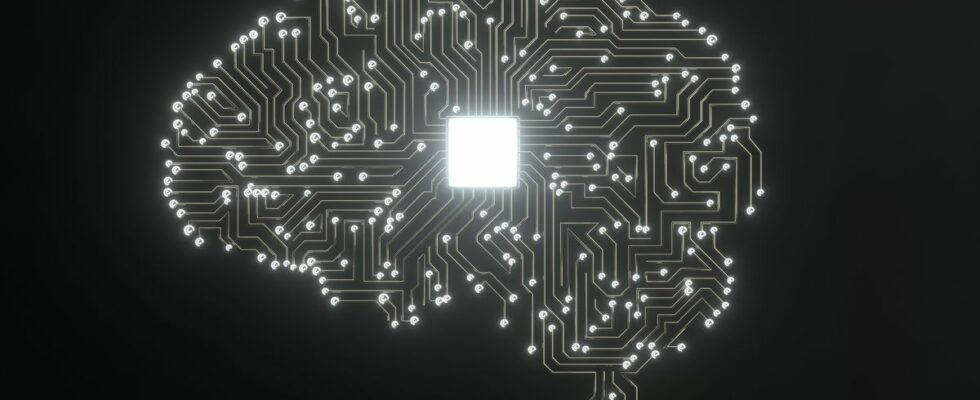The AI begins to interrogate in France. Nearly one in five French people have already used ChatGPT, according to a survey conducted by Odoxa for Kea & Partners, BFM Business, Mascaret, L’Usine Digitale and Strategies, published on Thursday February 16, 2023.
AI seen as a threat
For this study, the polling organization was based on a sample composed of 1005 French adults and representative of the population, questioned between February 1 and 2. 50% of respondents say they have already heard of the tool developed by OpenAI. More generally, Odoxa looked at how artificial intelligence is perceived by the general public in France. Even if the French mostly use AI-based services, they do not always understand the underlying technology. Only 14% of respondents understand “Alright”, AI. For now, translation tools are used mostly by the population (57%). Sculpins are underused (35%), as are voice assistants (34%). Alexa, Google Home and Siri therefore do not seem to be able to convince.
As service functions are still in development, the French are still wondering about the usefulness of AI. Worse still, a majority of the population (53%) perceives this technology as a threat rather than an opportunity. 54% of respondents believe that AI is a danger to the “well-being of mankind”. As for technology, digital and innovation professionals, respondents see more benefits than risks in the development of AI, which is quite logical.
Young people rather favorable to AI
In the general population, however, respondents see the interest of artificial intelligence in the field of health, productivity or, more worryingly, security. The survey also observes a disparity in the perception of AI between different age groups and sociological categories. Young people (61%) and executives (68%) see the positive consequences of technology more, while seniors (66%) and working classes (54%) identify a threat. Finally, the French and specialists in the field agree that artificial intelligence represents a danger for the veracity of information.
In the field of education, 64% of respondents believe that it is necessary to support the use of artificial intelligence rather than banning it and punishing students. “AI education and training will make it possible to understand the future of work with two central questions: what impact on education and what consequences on the jobs and professions of tomorrow? The news around retirement questions our overall relationship to work: well-being at work, continuing education, upskilling… The way we approach AI will define the world we will live in in the future”analyzes Claire Gourlier, digital transformation specialist at Kea & Partners.
